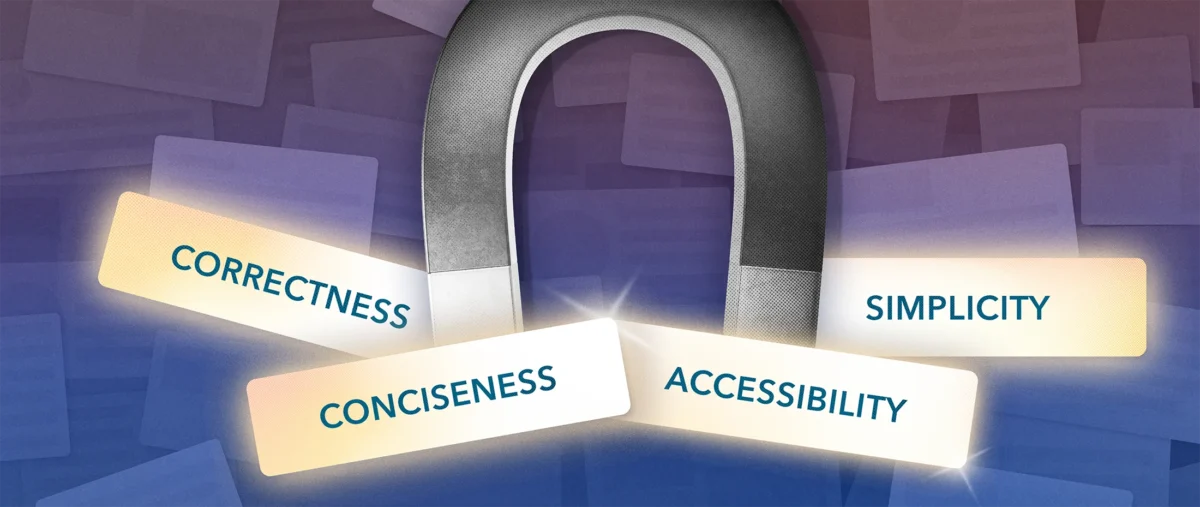“Any ‘allyship’ rooted in performance is not effective. If the action you are taking has any component of making you feel like you did something versus knowing something was done, then you know you aren’t productive.” —Leslie Mac, activist and community organizer
In recent days, we’ve seen brand after brand put out messages calling for racial equality and condemning hate. It’s the least they can do: It would be tone deaf to go about business as usual while throughout the country, protestors march, cities burn and black communities mourn those who lost their lives to police brutality and racism, like George Floyd, Ahmaud Arbery and Breonna Taylor.
But it is also worth asking exactly how many of these messages are more performative than truly meaningful. Do companies’ words match their actions? Are they contributing to social justice movements, advocating for changes to public policy, encouraging difficult yet important conversations, and ensuring diversity at the highest levels? If not, they may have a hard time coming up with answers when critics pose comments like, “Thank you for your Black Lives Matter graphic. May I please see a picture of your executive leadership team and company board?” (That is actually a now-viral tweet by writer Brandi Jeter Riley.)
Public backlash during a sensitive time might actually be the least of a company’s worries. In fact, what may matter even more are the perceptions and well-being of employees. It goes without saying that without them, there is no company.
So how do brands pursue real action over performative allyship? Here are a few areas to concentrate on:
Show compassion to those struggling
Imagine witnessing someone being killed … and then trying to go about your day as if nothing had happened. That’s exactly what countless black employees are being expected to do after watching the video of a Minneapolis police officer press his knee on the neck of George Floyd until he died. Black employees, already traumatized by recent racist killings and systemic discrimination, are suffering the most … and they need leaders and colleagues to give them time and space to grieve, including providing more-flexible deadlines on work assignments and time off when necessary. The simple act of checking in just to see how they’re doing helps, too. “Your black employees are exhausted. Your black employees are scared,” wrote Shenequa Golding in a widely-circulated Medium post. “So if you can, please, be mindful. Your black employees are dealing with a lot.”
Facilitate education and important dialogue
Does your workforce know what unconscious bias is? What about microaggression? Cultural appropriation? It’s well past time to go beyond dreamy talk of harmony and equality and empower your employees to dissect the roots of their biases and how they might be behaving in ways that are offensive to their colleagues without knowing it. That can happen both through organized programs and casual, if sometimes uncomfortable, conversations. And the labor behind such efforts, of course, can’t rest solely on black employees and other people of color at a company. Pigeonholing them as the default educators, failing to provide support — that’s just another form of bias.
Bring diversity to the top
As you go further up the typical corporate hierarchy, the number of people of color tends to decline substantially. There are just four black Fortune 500 CEOs, and people of color have recently made up fewer than one in five new directors at Fortune 500 companies. All-white management teams and boards, for all their good intentions, are lacking vital perspectives from people of color. Conscious, ongoing initiatives to position people of color in executive posts, both through internal development and external recruiting, are key.
Embrace advocacy
In the 1980s, corporate pressure through disinvestment was critical to ending apartheid in South Africa. In recent years, embracing commitments to combat climate change and preserve the environment (to the dismay of climate deniers) have become nearly ubiquitous among major brands. When it comes to corporate advocacy, tackling global social justice and systemic discrimination should be next. Even as they work to cultivate racial equality and cultural understanding within their ranks, companies shouldn’t be shy about charging ahead to bring those same values to society at large. That may include donating to social justice groups and philanthropic organizations, lobbying Congress, encouraging and celebrating employees who participate in peaceful activist movements and, as in the case of South African apartheid, strategically applying economic pressure. There may be missteps along the way. But brands must be willing to take risks, learn from their mistakes and forge ahead to make a difference. Being a real ally takes work, not just words.






